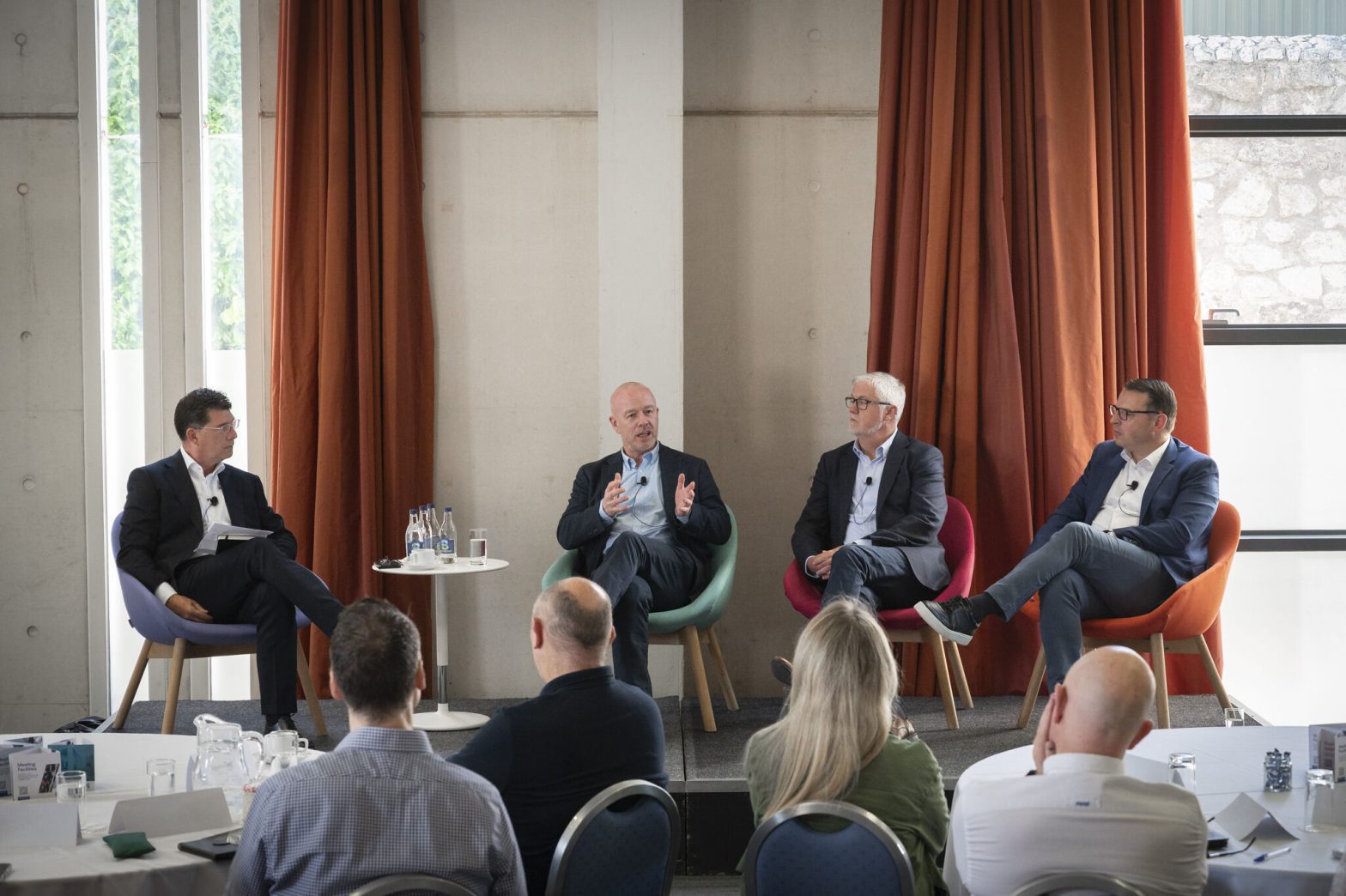Embracing ESG: Building Trust, Seizing Opportunities, and Navigating Challenges
By IMI | 30th October 2024
Insights from the Deloitte Best Managed Companies Symposium which took place on 1st June 2023.
In today’s rapidly changing business landscape, environmental, social, and governance (ESG) considerations have become critical factors in organisational success.
Mary Cronin, an innovation specialist and sustainability expert, highlights the challenges faced by organisations in measuring and reporting reliable ESG data. However, she also emphasises the immense opportunities that arise from addressing these challenges and the importance of trust in driving progress.
The Waste Challenge: Turning Risks into Opportunities
One major challenge organisations face is the management of waste, including landfill and disposal practices. However, there is a vast opportunity to transform waste management into a sustainable and profitable practice. Waste can be segregated and repurposed as aggregates for roads and other construction projects. By implementing efficient waste management strategies, organisations can not only minimise their environmental impact but also gain the trust of customers and stakeholders. Demonstrating a commitment to responsible waste management enhances the reputation of an organisation and mitigates the risk of backlash or scepticism.
Driving New Markets through Regulations
New regulations are emerging that drive the adoption of sustainable practices and create new market opportunities. Organisations that proactively align their actions with these regulations safeguard their reputation, attract new customers, and create long-term value. Mary Cronin suggests integrating sustainability into performance reviews and designating a climate champion within organisations to ensure accountability. Collecting and tracking data on ESG performance is crucial for maintaining data integrity and facilitating effective decision-making.
Engaging stakeholders is paramount to building trust and creating a cohesive ESG story. Investors, customers, and employees increasingly demand transparency and accountability in ESG practices. Organisations need to identify and prioritise ESG risks, establish systems for tracking progress, and communicate their achievements to stakeholders. ESG should be viewed as a business imperative rather than a passing trend, as it drives sustainable growth and fosters long-term relationships with stakeholders.
Addressing the Skills and Resource Gap
A significant challenge lies in the shortage of people with expertise in ESG data analysis and management. This scarcity affects small and medium-sized enterprises (SMEs) in particular. However, government organisations like Enterprise Ireland can assist in preparing and implementing ESG activities. Building the necessary skills and capacities within organisations is essential. When hiring, organisations should consider the ESG expertise of candidates and engage with relevant entities like Enterprise Ireland to address their specific needs.
ESG considerations have evolved from being mere buzzwords to essential drivers of organizational success. Mary Cronin emphasises the importance of measuring and reporting reliable ESG data, as well as the potential opportunities that emerge from waste management and the alignment with regulations. Building trust through stakeholder engagement and prioritising ESG as a business imperative is crucial. By addressing the skills and resource gap, organizations can effectively navigate the challenges associated with incorporating ESG into their operations. Embracing ESG practices not only benefits the environment and society but also enhances long-term value creation and resilience in the face of an evolving business landscape.
FAQ
How can leaders effectively integrate ESG practices into their organizational strategies to enhance trust among stakeholders?
Leaders can enhance trust by embedding ESG principles into their core strategies. This involves transparent communication about goals and performance, engaging stakeholders, and ensuring accountability through measurable outcomes. Prioritizing ESG initiatives fosters a culture of responsibility and strengthens stakeholder relationships.
What role does leadership play in transforming waste management challenges into sustainable opportunities within an organization?
Leadership is key in turning waste management challenges into sustainable practices. Leaders can promote recycling and innovative waste reduction strategies, fostering a sustainability mindset among employees. This approach not only addresses waste challenges but also enhances the organization’s reputation and cost-efficiency.
How can leaders bridge the skills gap in ESG expertise to drive accountability and foster a culture of sustainability in their teams?
Leaders can bridge the ESG skills gap by prioritizing training programs focused on sustainability and ESG data management. Collaborating with organizations like Enterprise Ireland provides essential resources. Creating a learning environment empowers teams to own sustainability initiatives, fostering accountability and commitment.



